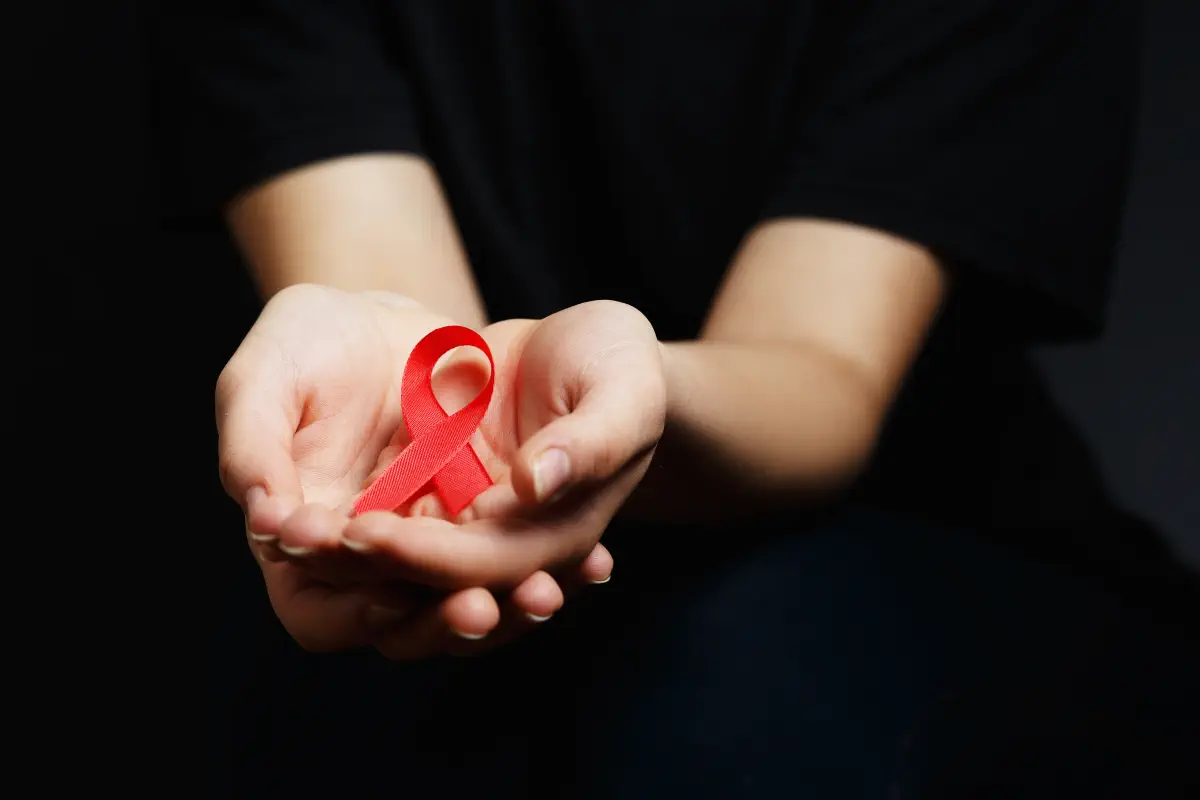AIDS Memorial Day, celebrated on the third Sunday of May each year, is a time to reflect on a disease that has become one of the greatest threats to public health over the past few decades. It is also a time to commemorate those who have died from AIDS, to draw attention to the problem of a disease that continues to challenge the whole world.
AIDS, or acquired immune deficiency syndrome, is a disease caused by the HIV virus. This virus destroys a person's immune system, making the body more susceptible to disease and infection. HIV is transmitted sexually, from mother to child during childbirth or breastfeeding, and through blood, such as through the use of improperly sterile medical instruments.
The disease was identified in the 1980s and has since spread worldwide, affecting millions of people. From the beginning of the epidemic in 1981 until 2021, an estimated 38 million people worldwide have died from AIDS. It is still a serious problem, especially in developing countries where access to effective treatment is limited.
AIDS Memorial Day is an opportunity to reflect on what has been achieved in the fight against the disease and what still needs to be done. In recent years, thanks to modern antiretroviral therapies, patients with HIV can live longer and healthier lives than ever before.
The fight against AIDS requires the involvement of the whole society and cooperation at the national and international level. One of the key elements in the fight against the disease is the education of the public about HIV and AIDS, in order to prevent infection and eliminate discrimination against people with HIV.
Promoting healthy behaviours, such as the use of condoms during sexual intercourse, the use of disposable medical instruments, the avoidance of stimulants and regular testing, is extremely important in preventing HIV infection.
Investment in research is also crucial in the fight against AIDS. Research leads to the discovery of new diagnostic and therapeutic methods and allows the development of modern drugs and vaccines that are effective in the treatment and prevention of HIV infection.
Finally, ensuring access to effective therapies. However, antiretroviral therapies are still unavailable to many people around the world. It is therefore important that governments and international organisations work to ensure access to effective therapies for all who need them.
AIDS Memorial Day reminds us that the fight against AIDS is a long process that requires ongoing commitment and action on many fronts. Together, through education, promoting healthy behaviours, investing in research and ensuring access to effective treatments, we can do much to reduce HIV infections.

